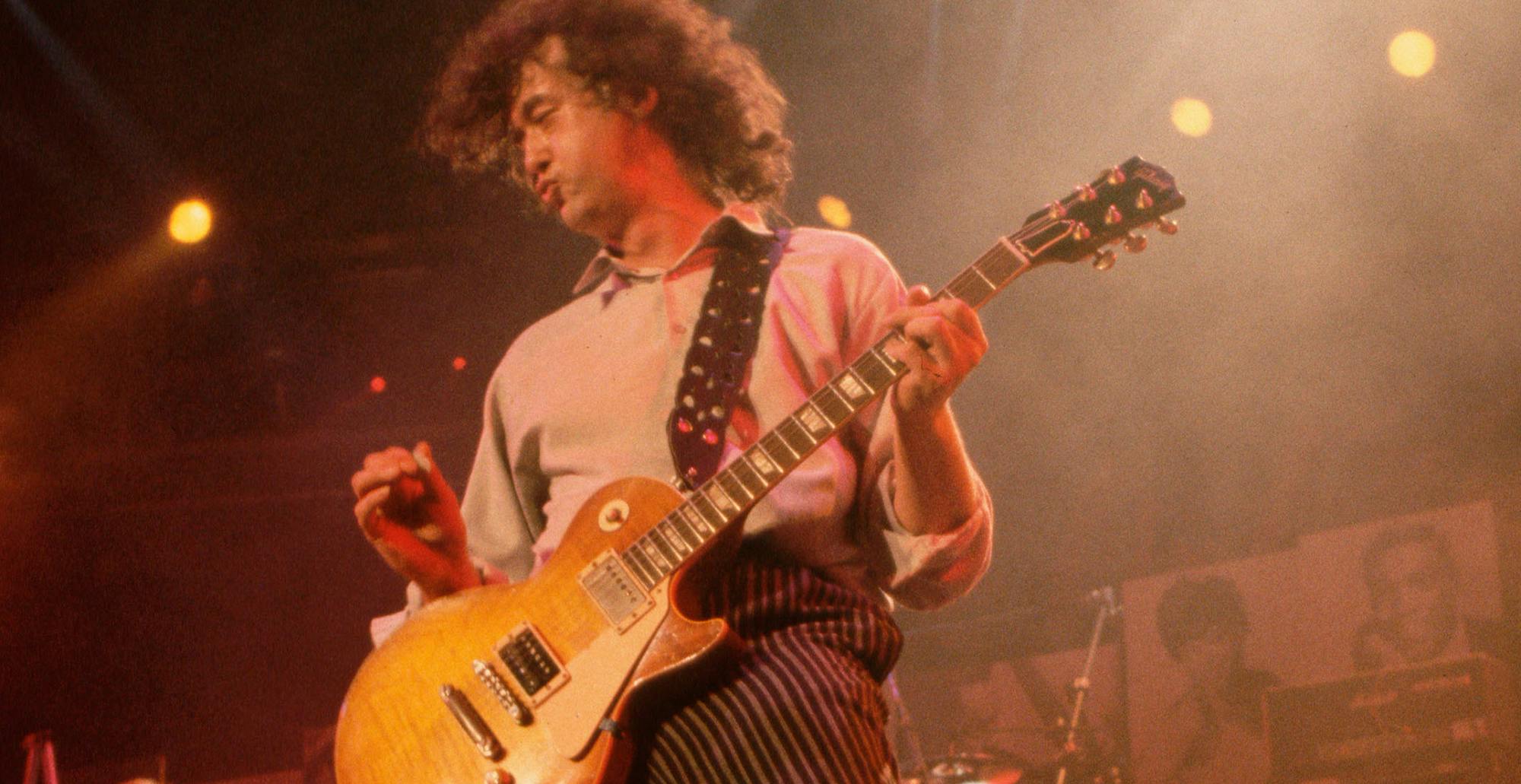Why Do Guitarists Pull ‘Guitar Faces’?
There is nothing which encapsulates the image of a guitar player ‘felling it’, mid solo, than a healthy guitar face. That grimace has been associated with some of the best performances and images of our favourite players since the dawn of the instrument as we know it. Are these faces genuine? Do they actually ‘do’ anything? Should you be practicing your best ugly face, along with your bends? We attempt to answer these burning questions, and more.
1. Why the long face?
With the most genuine guitar faces, players consider these to be entirely involuntary (unfortunate if you are caught mid-grimace by a camera happy audience member). Therefore, the core reason behind these, often hilarious, facial contortions is harder to pin down. But here are a few causes for that ‘bad smell’ visage we are all guilty of when in the throws of an epic solo …….
Emotion
Above most other instruments, the electric guitar (particularly lead guitar playing) is a very emotive experience, for both player and listener. You can really hear when a guitarist is, or isn’t, putting their heart & soul into their playing. Very few other musical instruments afford the level of expression given to us guitarists. So it is not surprising that, when channeling concentrated emotion, combined with expression, into a noisy conduit like a guitar, we wear that emotion visibly like a mask. For anyone who has studied martial arts (or who loves a Bruce Lee movie or two), this isn’t too dissimilar to a ‘Kiai’ - the cry/shout made when putting all your effort into a single punch or kick. And, much like a karate kiai, everyone’s unique guitar face is as individual as they are.

Concentration
Let’s all admit, playing the guitar is hard! You are literally trying to make a piece of wood and metal ‘sing’, and to do so, you are required to bend and move lengths of metal which are stretched at tension. It's no wonder that we often gurn like Olympic weight lifters when we go for that big lick! Sometimes, it is the energy needed to execute something on the guitar - the pure focus and brain:finger power - which brings on that painful expression.
Think about the faces you pull when trying master that tough solo, lick or riff for the first time! You give it so much focus. That's when your game face appears!

Vocal-like
Us guitarists, when ploughing raw emotion into a solo, are really just frustrated singers. Trying to express yourself without using your voice or indeed the lyrical content to convey the emotion of what you are singing about is naturally going to be expressed elsewhere; in your body and, moreover, your face.
This makes sense when you see so many famous players mimicking and mouthing the pitch or sound of their phrases when playing. Watch Eddie Van Halen or Dimebag perform an epic whammy bar dive and you will see this mirrored in their facial expressions. Interestingly, when many players change the pitch or register of their notes, their guitar faces change accordingly - those low, doom-laden riffs resulting in a moody frown, and (a personal favourite) high notes, at the ‘dusty end’ of the neck, give rise to an open mouthed, kinda surprised, silent scream face (Mr Steve Vai supplying some of the best examples of this!).

2. Are guitar faces for real?
It might be considered that, despite the reasons above, players have always adopted the famous guitar face for the benefit of their audience. It is true that we all pull our best grimaces when performing! Perhaps it is the heightened emotion state of live performance, the additional concentration and pressure to get things right, or simply the need to entertain by showing the audience that you are truly lost in the music, which gets us squashy cheeked and baring our teeth.
A bit like the old question - ‘Does a falling tree make a noise if nobody is around to hear it?’; do players affect guitar faces when they aren’t being watched? The chances are you and many players are unaware if you are doing ‘guitar face’ when playing alone.
Yes, you can fake this, but it so easy to spot when a guitarist is not pulling a genuine guitar face. The tell is easy - the face doesn’t match the emotion or playing! Kinda like watching non guitarists play ‘air guitar’ - instantly mimicking those big lick guitar faces, unconvincingly.
3. Do guitar faces actually help your playing?
You can try this for yourself. The first thing that you see many famous player do, especially with the less extreme guitar faces, is close their eyes. This alone is actually a really good thing to try. Playing with your eyes closed engages your musical ear more and removes any visual distractions such as fingering, frets, shapes, and helps you truly hear what you are playing.
You can also try this with (the most guitar face inducing thing you can play on the guitar) a big bend - first, play that bend without any movement from your body, and take efforts to keep your face utterly expressionless. Now do the same but back it up with the most heart felt guitar face you can manage. Hear the difference? For fun, record this; you will be surprised when you listen back!

For many players, the age old guitar face is something which is a simple bi-product of the emotional state and connection to the music; bridging the gap between themselves and the guitar. As you grow as a player, your ability to express yourself on the instrument evolves and, with it, so do your funny faces. Its all part of the guitar enigma! For extra fun study - check out some of the faces pulled by other instrumentalists (its not entirely a guitar thing). Pianists and violinists are great to watch but, an advanced warning, bass faces ain’t pretty!